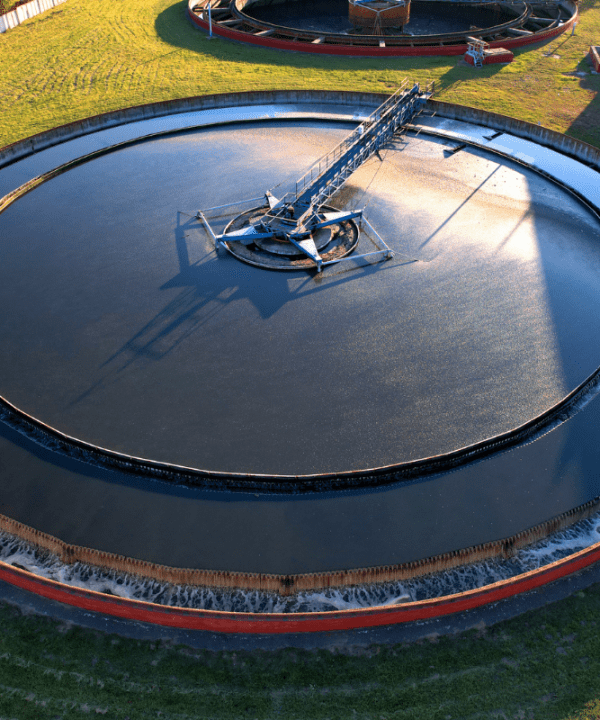
PROJECT DETAILS
- Project No 4978
- Project Name Assessing the impact of immobilisation treatment of PFAS in compost material
- Lead Organisation Water Research Australia
- Research Lead RMIT
- Main Researcher Sali Khair Biek
- Completion Year 2027
Project Description
Composting is an aerobic microbiological process, during which organic waste is biologically degraded by microorganisms (bacteria and fungi) in a series of processes. During the composting process, organic material is transformed into a biologically stable humus-like product with a relatively high nutrient value. The resulting product, called compost can be used for plant growth as a stand-alone substrate or as an additive as a soil amendment to improve soil texture and fertility.
Composting is an effective means of reducing concentrations of soil-borne pathogens and killing weed seeds through pasteurisation. The main purpose of the composting process is to reduce the volume of solid wastes reaching landfill, decrease emissions, and prevent the leaching and run-off of toxic compounds in order to protect the waterways.
Despite several advantages of compost, the possibility that potentially toxic legacy contaminants such as PFAS (per- and polyfluoroalkyl substances) may cause potential risks to ecological and human health by entering the food chain through plant uptake has been raised. Further, PFAS may magnify as it passes through trophic levels, posing a threat to animals and humans. This has been recognised, with human health guideline values provided by the PFAS NEMP 2.0.
Soil receives PFAS contaminants from human activities and also from manufacturing and processing sites, such as industrial areas, discharge from wastewater treatment plants and landfills, fire training sites as a discharge of AFFF, and solid biowastes such as biosolids and composts.
This research will, for the first time assess the effect of adding the immobilising agent (RemBind) to compost material on reducing PFAS leachability, bioavailability and ecotoxicity. In addition, the research will determine the concentration of RemBind that could achieve the goal of this immobilisation treatment and at which stage of the composting process is ideal to be added.
Finding an effective and efficient solution for immobilising PFAS in composts will result in the safer and continued use of this sustainable, circular economy approach to organic waste valorisation.





